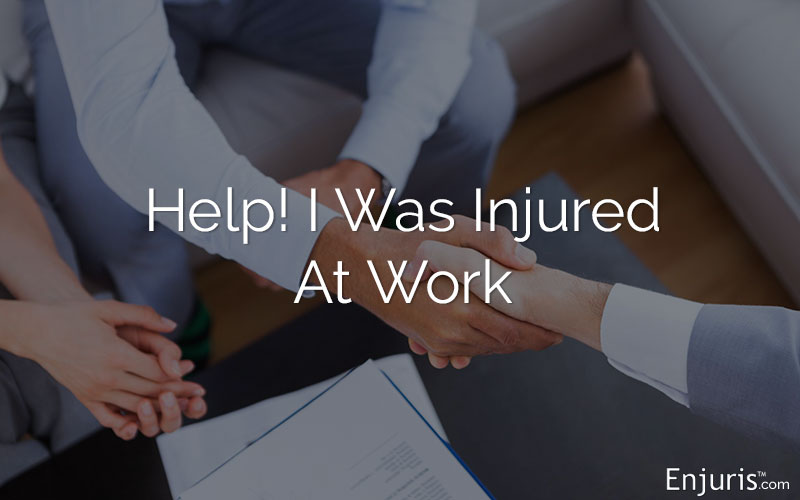Your employer is usually required to carry workers’ compensation insurance in case you become injured on the job. This is generally pretty straightforward because you know when you’re in the workplace or performing duties associated with your employment.
But what if you’re in a car accident while traveling for work?
This situation might raise questions about whether you’re covered under workers’ compensation because depends on whether the accident happened while you were actually performing your job functions and duties.
When a car accident is covered
In order for a car accident to be covered by workers’ compensation, it has to have occurred on “company time.” In other words, it needs to have happened while you were performing a duty that you are paid to do. If you were driving a company vehicle, it’s presumed that you were performing work-related activities and so you should be covered under your employer’s workers’ compensation insurance.
Here are four examples of when a car accident injury is typically covered under workers’ compensation:
- Driving from one work site to another. This includes client visits or any other scenario that requires you to travel between locations during the course of a work day or shift.
- Making deliveries or running errands for your employer. If deliveries are part of your normal job description, then it’s clear that a car accident is covered under workers’ compensation. However, if your boss asks you to drop something off somewhere, pick up office supplies, or even do a coffee run for the office, those errands might also be within the scope of work duties if it’s time that you’re “on the clock”, or during your normal work day.
- Transporting another employee for business. If you need to drive a coworker to the airport, for example, or anywhere that’s during your work time, you might be eligible for workers’ compensation for an injury that occurs during that trip.
- Paid travel time if traveling from home to work. If you’re a remote employee who is paid for the time you spend traveling to a work site, that travel would be covered under workers’ compensation. This doesn’t include your normal commute if you work someplace outside your home.
There are exceptions, but these situations are the first factors your attorney might consider to determine if you have a claim for workers’ compensation for your car accident.
If you’re on work time and deviate from the normal route for a delivery, or deviate in your travel from one site to another, you might not be covered by workers’ compensation for a car accident that happens when you’re on the way to or from a personal errand.
For instance, you will likely not be covered under workers’ compensation for a car accident that happens when you leave work for your lunch break because that’s considered personal time, even though it’s during the work day.
Independent contractors and freelancers usually aren’t covered by workers’ compensation, except in specific circumstances.
What if you’re at fault for the work-related car accident?
Workers’ compensation is intended to cover medical expenses and lost wages that are the result of an injury that happens at work, regardless of who was at fault for the accident. If you are eligible to receive workers’ compensation benefits for a car accident at work, the same rule should apply.
Are you personally responsible for the other driver’s injuries or damage in an on-the-job auto accident?
In most situations, a car accident involves more than one vehicle. Your employer’s workers’ compensation insurance policy will cover expenses related to your personal physical injuries. However, your employer’s liability insurance policy should also cover damage to your vehicle (if you weren’t driving a company car), along with damages to any other vehicles involved, other property damage, and any injuries sustained by the occupants of the other vehicle or vehicles. It should also cover any legal fees that you incur if you’re the defendant in a personal injury lawsuit for a car accident during the course of your employment.
Exceptions to your employer’s liability for a work-related auto accident are if you committed a crime or were under the influence of drugs or alcohol at the time of the crash. If there’s criminal action involved, your employer could refuse to cover your liability, and you could also be denied workers’ compensation benefits for the car accident.
How to secure workers’ compensation benefits for a work-related car accident
Ultimately, if you were in a car accident while working or while you were en route to a destination that was for the benefit of your employer, you should be eligible to make a workers’ compensation claim for your physical injuries.



